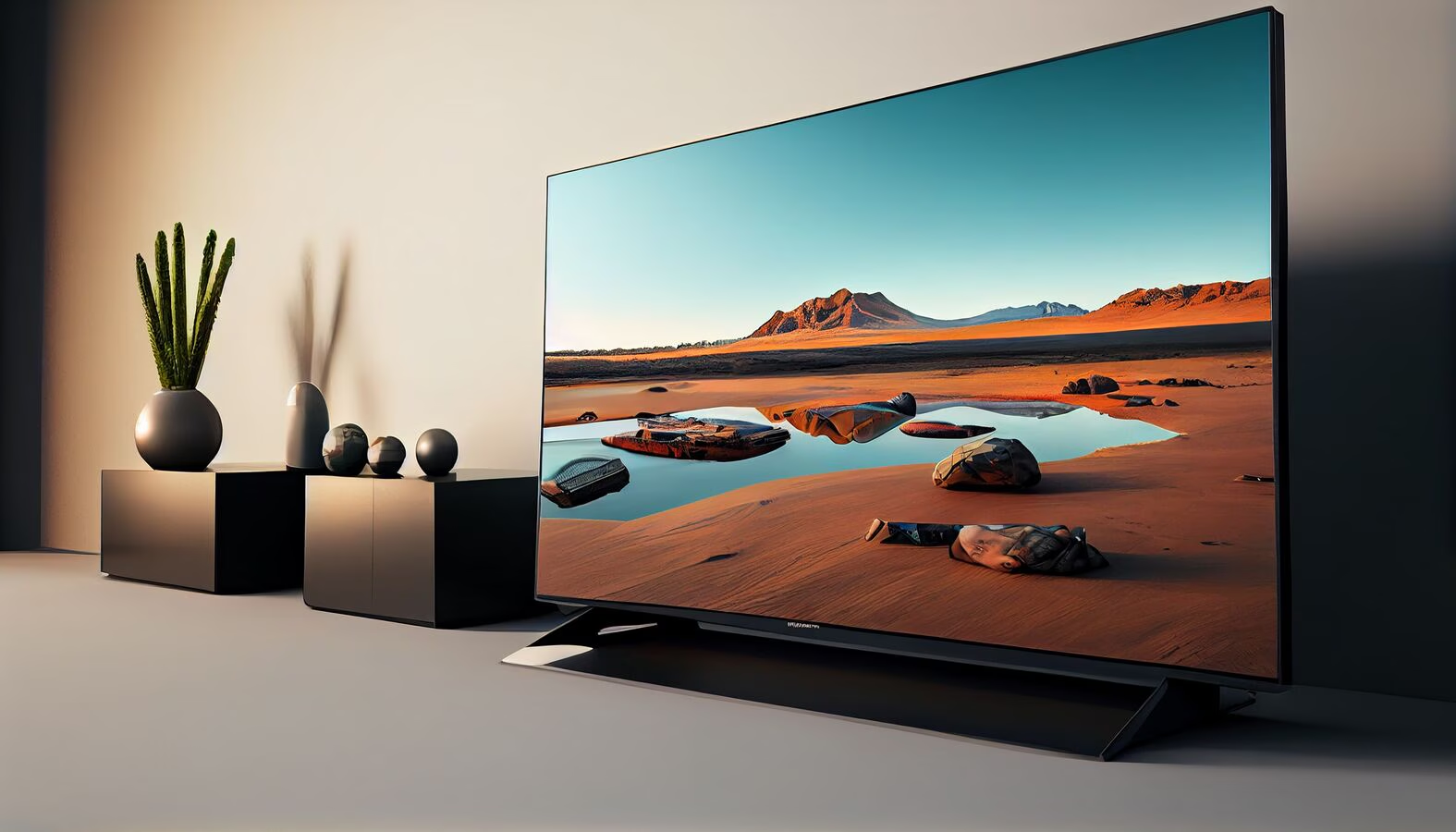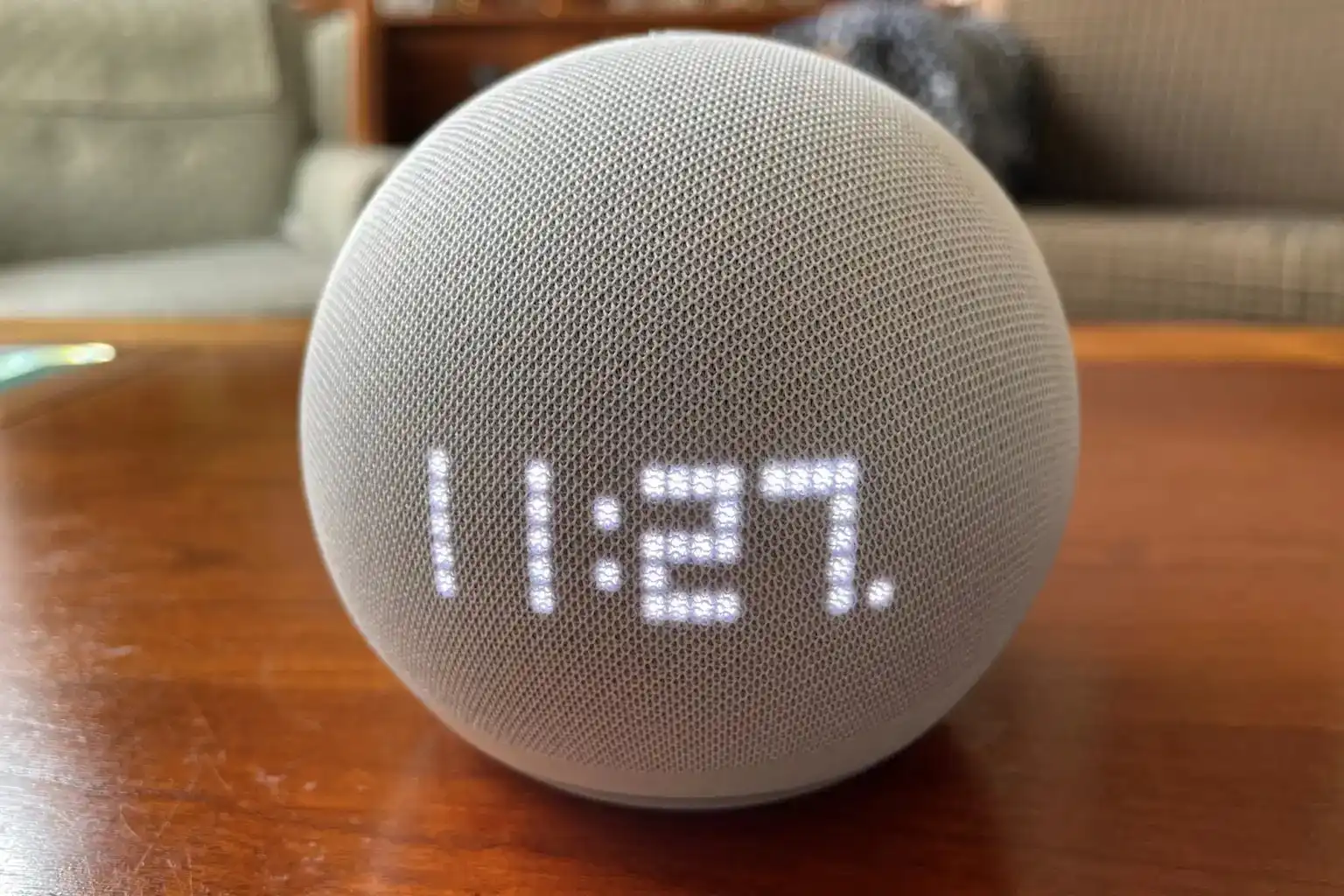
As smart home devices continue to proliferate, concerns around privacy and data collection are amplifying, with many users wary of manufacturers effectively spying on their home activities. This issue, once primarily associated with smartphones, now extends to nearly every connected device, including smart TVs. A recent study by researchers from the U.S., U.K., and Spain reveals that smart TV manufacturers can track user behavior through Automatic Content Recognition (ACR), collecting more information than many might expect.
The study shows that smart TVs gather detailed data, including linear TV shows, streaming activity, gaming sessions, and viewing durations. This information is used to create a unique digital fingerprint, which is then transmitted back to the manufacturer’s servers. For users, this means smart TV manufacturers are able to construct precise profiles of their individual viewing habits. The only prerequisites for this are a constant internet connection and user acceptance of the terms during setup — both standard steps for most smart TV owners.
What may be most concerning is that even when a smart TV is only used as a display for external devices via HDMI, ACR technology can still track what’s being watched. The study found that “ACR network traffic exists when watching linear TV and when using smart TV as an external display using HDMI,” indicating that data collection can persist outside of native apps. However, certain third-party applications, like Netflix and YouTube, were exceptions in this study, likely due to specific agreements or technical constraints around content protection.
To capture this data, manufacturers utilize screen capture techniques that reveal what content is being viewed. For instance, LG’s smart TVs capture screenshots approximately every 10 milliseconds, or 100 times per second, while Samsung captures images every 500 milliseconds. After about 15 seconds, these images are compiled and sent to the manufacturer, providing a continuous feed of viewing information. While the study primarily focused on Samsung and LG, prior research suggests similar practices are widespread among other smart TV brands, representing yet another encroachment on privacy in the home.




